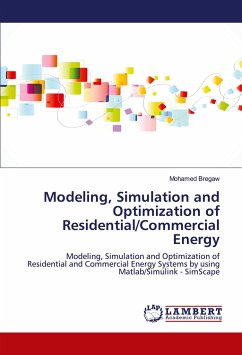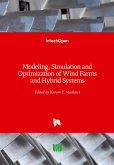A Residential Energy Management System (REMS) in smart grid can be defined as processes of control systems designed to control, measure, monitor, and modify energy demand and energy consumption profiles. (REMS) provides capability to manage a daily load curve in order to reduce power consumption and energy cost. Consequently, (REMS) offers significant benefits for both the electricity suppliers and consumers in terms of control and schedule time of use of major appliances in the residential and commercial sectors. In recent years, however, the rate of energy demand has increased rapidly throughout the world while the price of energy has been fluctuating. To find the solution for such problems, (REMS) establishes the optimal daily operation of home appliances. Numerous methods for (REMS) are used; this work analyzes many candidate scenarios during peak and off peak load periods comparing to the tariff of the residential sector to reduce the usage and its associated costs. It presents simulated results of proposed (REMS) to provide an automated least cost demand response.
Hinweis: Dieser Artikel kann nur an eine deutsche Lieferadresse ausgeliefert werden.
Hinweis: Dieser Artikel kann nur an eine deutsche Lieferadresse ausgeliefert werden.








